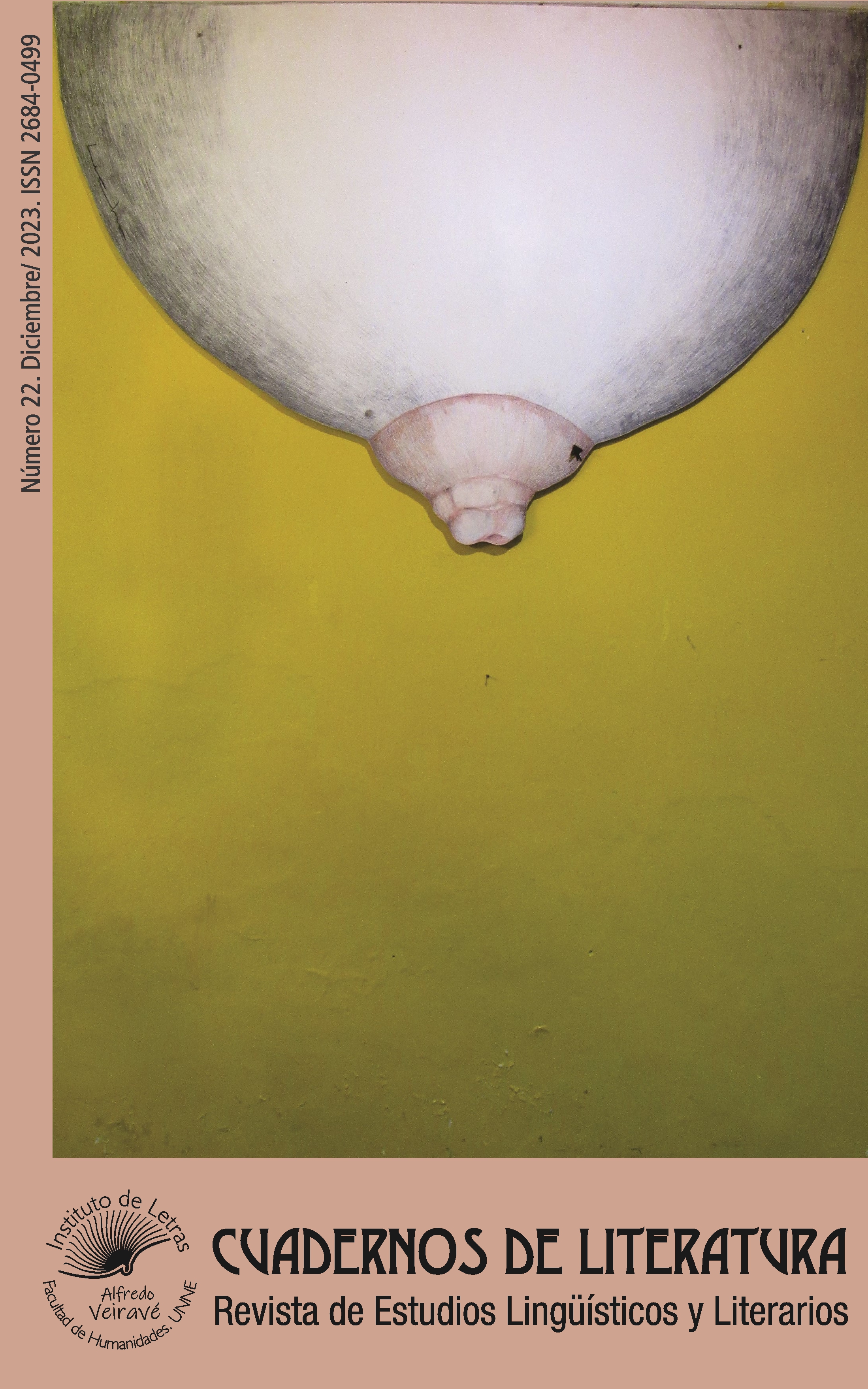The Ancestral Call of the One in “Slasher” by Mónica Ojeda
DOI:
https://doi.org/10.30972/clt.227298Keywords:
Andean gothic, weird, identity, violence, queerAbstract
In Monica Ojeda’s work, there is a fascination for the unknown that alters the integrity of everyday representations of reality. The violent disarticulation of the familiar that follows the penetration of dark forces, originated from both the gothic genre and the Andean ancestral, obliterates the boundaries between realities deemed distinct. In this paper, a short story from Las voladoras, “Slasher”, is analysed to shed light on the destructive role of the “ancestral drives” in family context. To do so, this study focuses on the horror caused by the violation of behavioural norms that aim at the preservation of the singularity of the individual. Instead, the characters in “Slasher” rebel against the forced isolation by simulating extreme love rituals that, tending towards unity, dispose of the bodies. In this sense, the protagonists of the short story, contrary to a genuine connection with the ancestral that would refer to the “fixed” theoretical scheme of otherness elaborated by intellectuals such as Quijano or Said, construct a cyborg identity through performance to reconfigure the symbols of everyday life by establishing links outside the relation of domination with “the centre”.









52.jpg)









